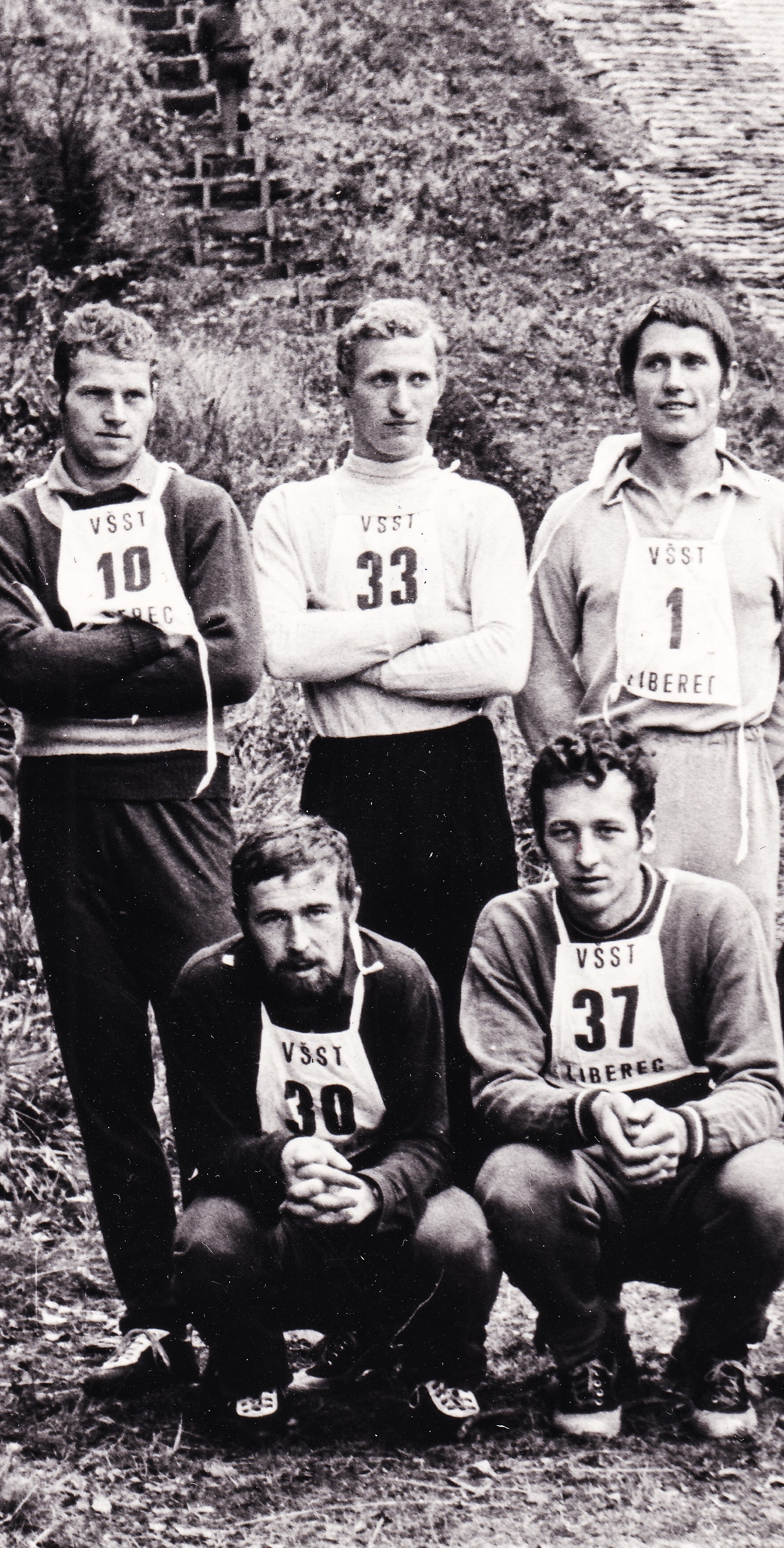He had a broken bone, yet he went from the hospital to rescue people who had been shot

Download image
Libor Foltman was born in Trutnov on 11 July 1948 and had four siblings. His sister Marie died at less than five years old. His father Ladislav was a locomotive stoker and his mother came from a farmstead in Studenec in the Krkonoše promontory. Libor Foltman started ski racing at the age of 11. He got a toolmaker training and made it to the Czechoslovak junior national team in combined races. He enlisted in Dukla Liberec in July 1967. In August 1968 he suffered an injury playing football and ended up in a Liberec hospital with a broken cheekbone. He was still being treated in the dental ward on 21 August 1968 when Warsaw Pact troops invaded Czechoslovakia. Having heard the news that shots were being fired at the Liberec town hall early in the morning, he put on a Dukla Liberec tracksuit, jumped into an ambulance with the driver and drove to the scene. Under the barrels of tanks and machine guns, three men were loaded into the ambulance and taken to a Liberec hospital. Among them was a young man who did not survive his severe injuries. After that, Libor Foltman helped the medical staff take care of the wounded. With a nurse, he secured blood supply from the transfusion station. He wanted to vacate his bed in the inpatient ward of the hospital for the wounded people the same day but was not allowed into the barracks. He only got there the next day. He was nominated for the 1970 World Nordic Ski Championships in the High Tatras, coming ninth in the combined race. He represented Czechoslovakia at the Winter Olympics in Sapporo, Japan two years later but did not finish the race due to a severe fall on the ski jump. He finished 22nd at the 1974 World Championships in Falun, Sweden. He then quit his racing career and focused on coaching. He coached the team at the 2006 Turin Olympics and two World Championships. He also coached the Czechoslovak junior national team at the 1992 World Championships in Canmore, Canada. In 2024, he was living in Liberec with his wife Marta with whom he raised two sons.



